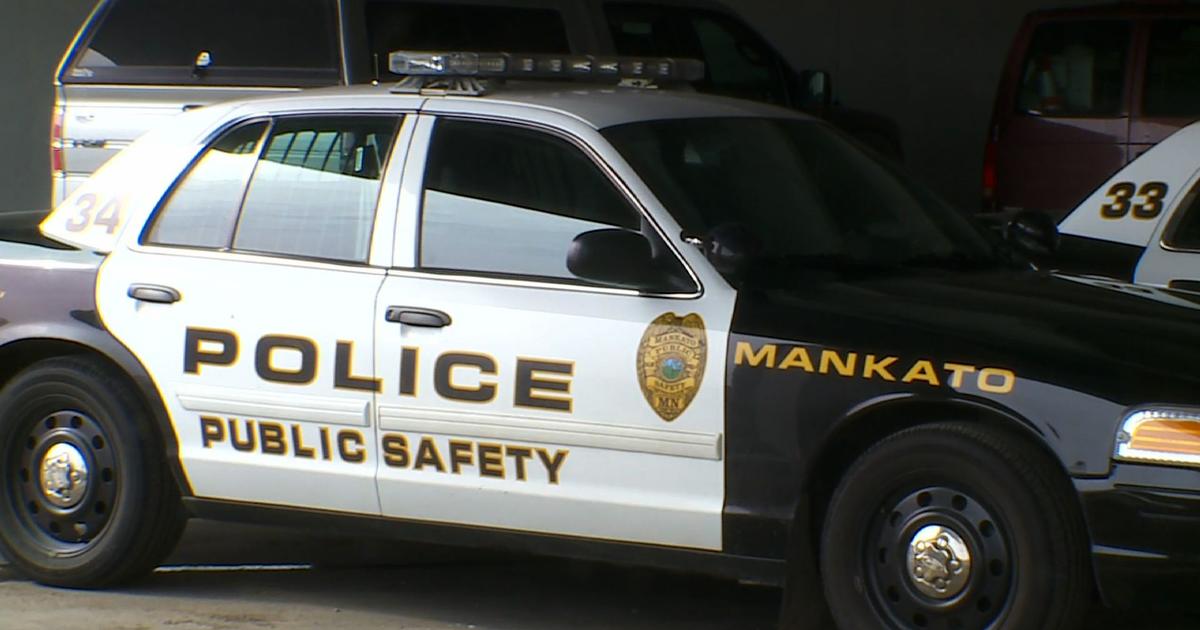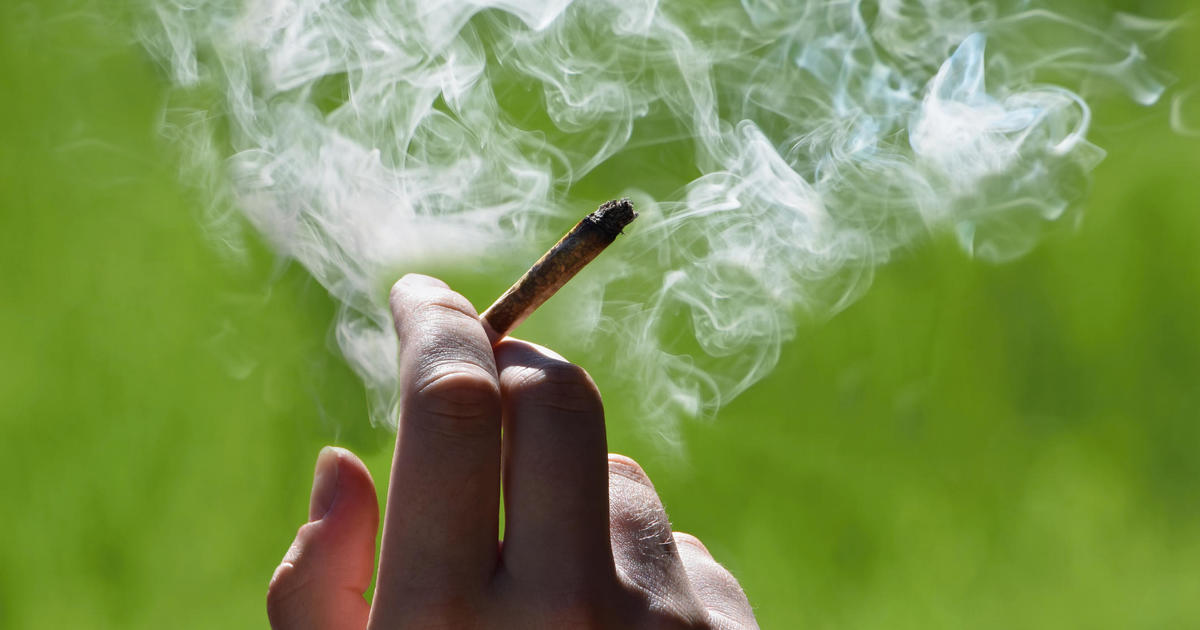Officials Search For Solution To Curb Opioid Abuse In Minnesota
MINNEAPOLIS (WCCO) -- New data from the state health department shows the impact opioid abuse is having on Minnesotans. Of the 572 drug overdose deaths in 2015, more than half were linked to prescription medications.
It is an issue playing out not just in Minnesota, but across the country. On Friday, federal lawmakers were in town to discuss ways to address the issue.
At the Hazelden Betty Ford Institute For Recovery, doctors see the impact opioid abuse has on teens and young adults.
"About 10 years ago, about 8 to 10 percent of the population had opioid disorder. Right now, on any given week, we can approach 50 percent of the population here has opioid use disorder," said Mark Mishek, CEO of the Hazelden Betty Ford Foundation
Family members turn to Hazelden hoping to save their loved ones from a deadly addiction.
"As you know the number one cause in accidental death in the United States, right now, is overdose from heroin and prescription pain pills," Mishek said.
Shelly Elkington knows the loss of opioid abuse. Last year, she was ready to help her daughter, Casey Jo, by admitting her to a treatment center. Shelly was a day too late. Opioids are linked to the death of the state swimmer and college student.
"313 days ago, I lost my daughter. I never thought I'd be here," she said.
Shelly doesn't want other parents to suffer the same fate. She joined a roundtable discussion at Hazelden on Friday of state and federal leaders looking to bring change.
"This epidemic is man-made, and we need to own that as humans and fix it as humans," Elkington said.
At the state level, lawmakers want a bill allowing pharmacies to take back prescription drugs and a bill allowing pharmacies to dispense naloxone, a drug that reverses the effects of an opioid overdose.
On the federal level, Minnesota Senator Amy Klobuchar is pushing a bill focused on fighting addiction through prevention, treatment, and additional law enforcement resources. Along with Klobuchar's bill, President Obama has also proposed $1 billion in new funding to help those who want treatment get the help they need.
"I think we know in our state there's going to be a long haul into some area where there's control," Sen. Klobuchar said.
As lawmakers look to legislation, experts at Hazelden see a more immediate option.
"One thing we should stop doing is providing the opioids from chronic pain because they aren't proven to work for chronic pain," said Marvin Seppala, Chief Medical Officer at Hazelden.



